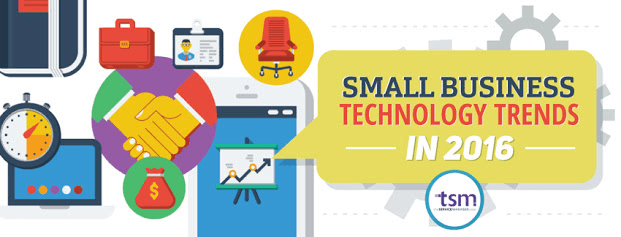Follow These Customer Service Trends To Grow Your Business
Anyone in business knows the old saying: “The customer is always right.” It is an often-used phrase, sometimes used tongue-in-cheek. This old saying shows just how central the customer experience has always been to businesses. But recent online commentary suggests that now, more than ever, businesses need to really focus on customer experience.
Senior business executives are finally realising that superior customer service will differentiate them from their competitors. This year has been heralded as “the year of the customer,” and suddenly there’s less focus being placed on product features and price, and greater emphasis on providing flawless customer experience.
David Younger, from The Service Manager, has identified the following 8 trends to satisfy the increasingly high demands of today’s customer:
1. Self Service – Customers are increasingly accustomed to using self service tools to answer their concerns and needs. These tools are fast and efficient. Today’s businesses need to provide self-help solutions and automation tools to meet customer expectations.
2. Customers are Omni-Channel – Customers no longer only use the traditional two ways of interacting (phone and face to face). These days there’s also text messaging, emailing, instant chat, social media, and mobile apps. People today jump from one channel to the next, making it harder to track and serve target customers. Businesses will need to be omni-channel themselves!
3. Must be Mobile – Customers rely on mobile devices to search for nearby businesses and read reviews. Younger predicts that mobile searches will outnumber desktop searches by 27.8 billion this year. For this reason, companies need to ensure that their websites and apps are mobile friendly. Ideally, a business will also offer goods and services online, and service the mobile customer. Businesses should consider further ways that employees and customers can be continuously connected, and the mobile-generation should be integrated into the business model.
4. Internet of Things – Okay, this is the latest phrase, don’t ignore it! A simple definition of IoT is that any device with an on-off switch might soon be connected to the internet. This might include not just mobile phones, but coffee machines, washing machines, headphones, lamps, wearable devices… anything! Even components of a machine might become connected (for example, the drill on a rig). Analyst firm Gartner says that by 2020 there will be over 26 billion devices connected to the internet. IoT refers to the giant network of connected “things.” Relationships will be people-people, people-things, and things-things. Businesses will use IoT to get closer to what customers use/ enjoy.
5. Social Media Customer Support – Businesses will need to be much savvier about responding quickly to comments on social media platforms. Customers are voicing concerns, sharing thoughts and reviews on Facebook, WeChat, Twitter, and other online channels. Rather than waiting hours or days for a response from an email to a traditional customer service team, customers are now posting comments and expecting immediate feedback from companies. The immediacy of this feedback is bad news for companies who deliver poor quality service or products. Information can go viral in hours, providing the world with a record of the business’ inadequacies. To avoid a poor online reputation, businesses will need to increasingly monitor multiple sites, to provide timely responses and turn negative events into positive ones.
6. Data analytics to drive customer experiences – Successful businesses will increasingly turn to analytics to anticipate and deliver superior customer experiences. This will provide an advantage over competitors. Even small businesses can benefit from devoting either an in-house employee, or using an external provider, to analyse the customer experience, and personalise a web site’s visitor experience.
7. Wearable technology will inform businesses – Wearable technology will soon allow retailers to provide more personalised customer service. For example, by alerting the business to a customer’s age, gender, buying preferences, and possibly even emotions! Such technology might be able to recommend what services would meet the customer’s wants and needs.
8. Social responsibility – As we’ve mentioned on our blog before, Millennials want to patronise brands with a strong social conscience. Good branding and marketing will make use of any philanthropy your business is involved in. If you use social responsibility in your business model, this will encourage your customers to include your brand/ product in their world.
Whatever industry you’re in, if you enhance your customer experience, you will increase sales and improve customer loyalty!
We keep abreast of the latest changes facing businesses. If you’re looking at buying a business, we’d love to help you on your journey. Telephone First Choice Business Brokers on 9899-1888 for a confidential discussion.



